
The "new era of personalized cancer therapy” is here: effective, novel, and expensive.

The "new era of personalized cancer therapy” is here: effective, novel, and expensive.
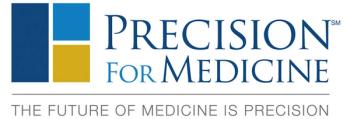
The buyer touted the lab company's "unique epigenetic technology and expertise."
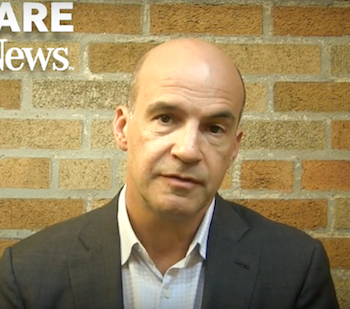
"Issues which are very sort of granular and boring are actually going to be incredibly important when you're talking about this kind of money."
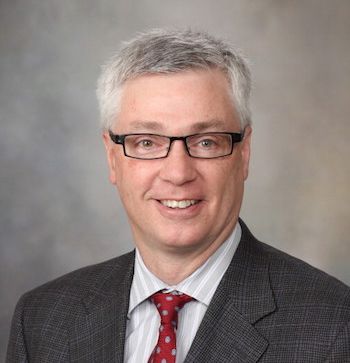
Curtis Hanson, MD, sat down to discuss the role of laboratory testing in the pursuit of value-based care.
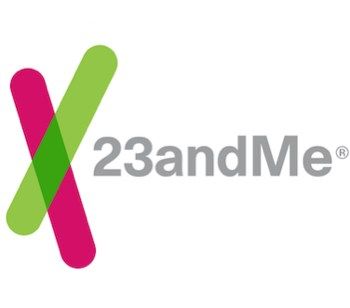
The American public is interested in consumer DNA testing, but lacking in knowledge about genetics and privacy.

Precision Medicine Group today launched its Precision Value & Health initiative to try to find ways to address that question.
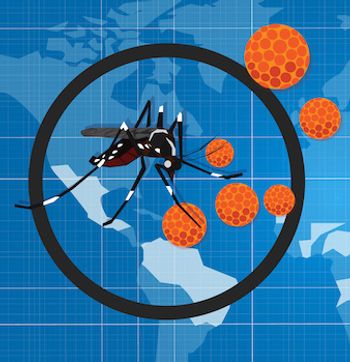
The unit will be capable of producing up to a billion genetically-modified mosquito eggs per week.
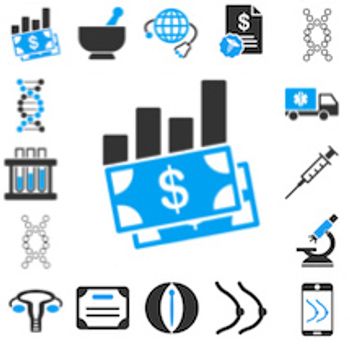
LifeMine champions its “genomically-enabled drug discovery engine” that combines artificial intelligence with synthetic biology.

“Sometimes we realize, 'Watson got that one right and we got it wrong," one of its trainers at MSKCC said. Still, it has work to do.

The FDA, for the first time, approved a gene therapy with a good chance of bringing remission for young cancer patients.

"We're in Silicon Valley...if we were in this for the money, there are a lot of other things we could be doing, everyone at this company. The reason we're here is the impact on patients."

The "C-Suite" is in quotes because Jonathan Hirsch settles for just being the Founder and President of his company, Syapse
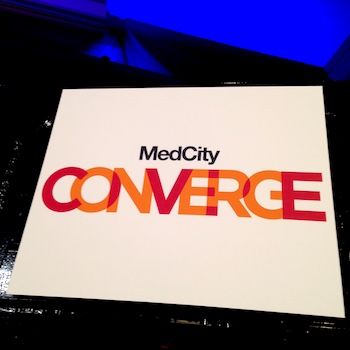
The firms utilized everything from novel devices to advanced analytics to dogs.

"Whether such artificial-intelligence systems are ‘smarter’ than human practitioners makes for a stimulating debate—but is largely irrelevant," they write.
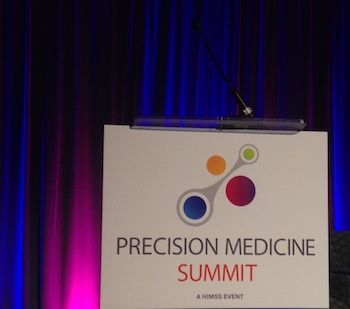
"We are pitting the enthusiasm of the futurists...against the public health perspective that says ‘be careful what you screen for,’” the prominent genomicist says.
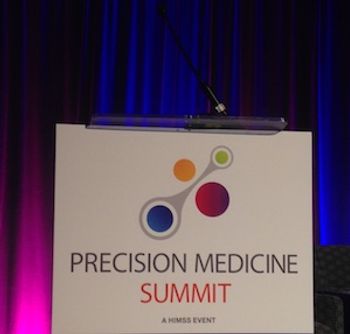
The FDA, GINA, and variants of unknown significance all muddy the waters of genomic research and data storage.

Certainly, Walton believes greatly in the potential of genomics to change medicine at its core, but the obstacles preceding that shift are numerous and substantial, he argued.